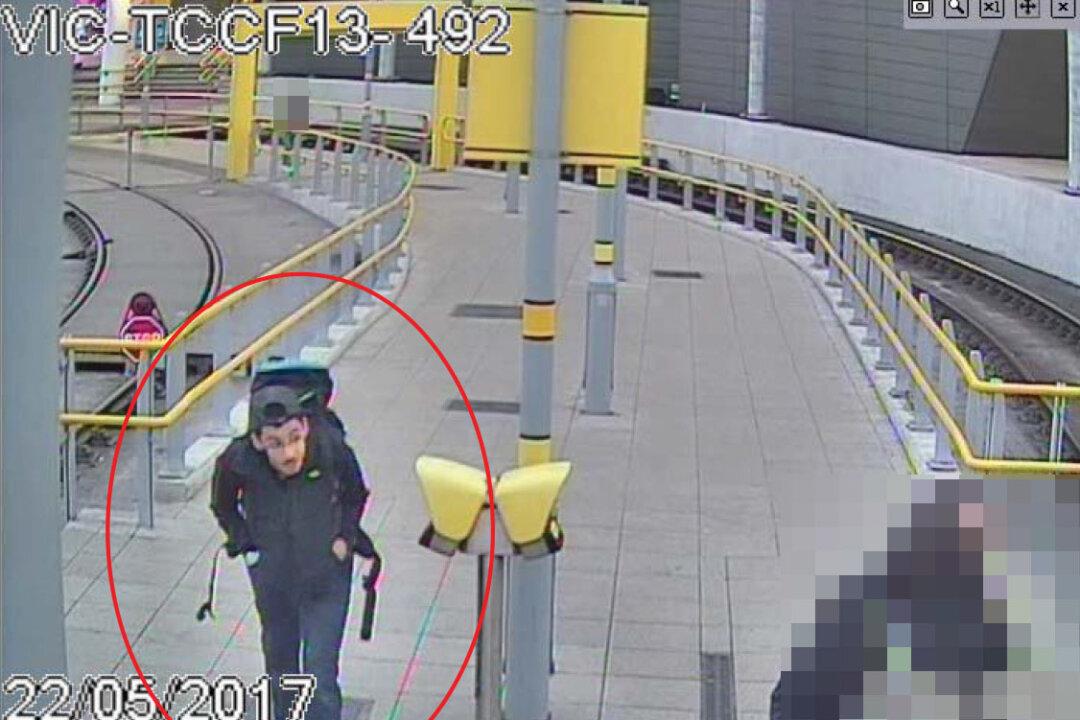The Manchester Arena suicide bombing in 2017—which killed 22 people and injured hundreds more—may have been prevented if MI5 had not missed a “significant” opportunity, the third and final report from the public inquiry has announced.
Salman Abedi, 22, detonated a device on May 22, 2017 in the foyer of Manchester Arena, known as the City Room, a few minutes after the end of an Ariana Grande concert, killing 22 people.





